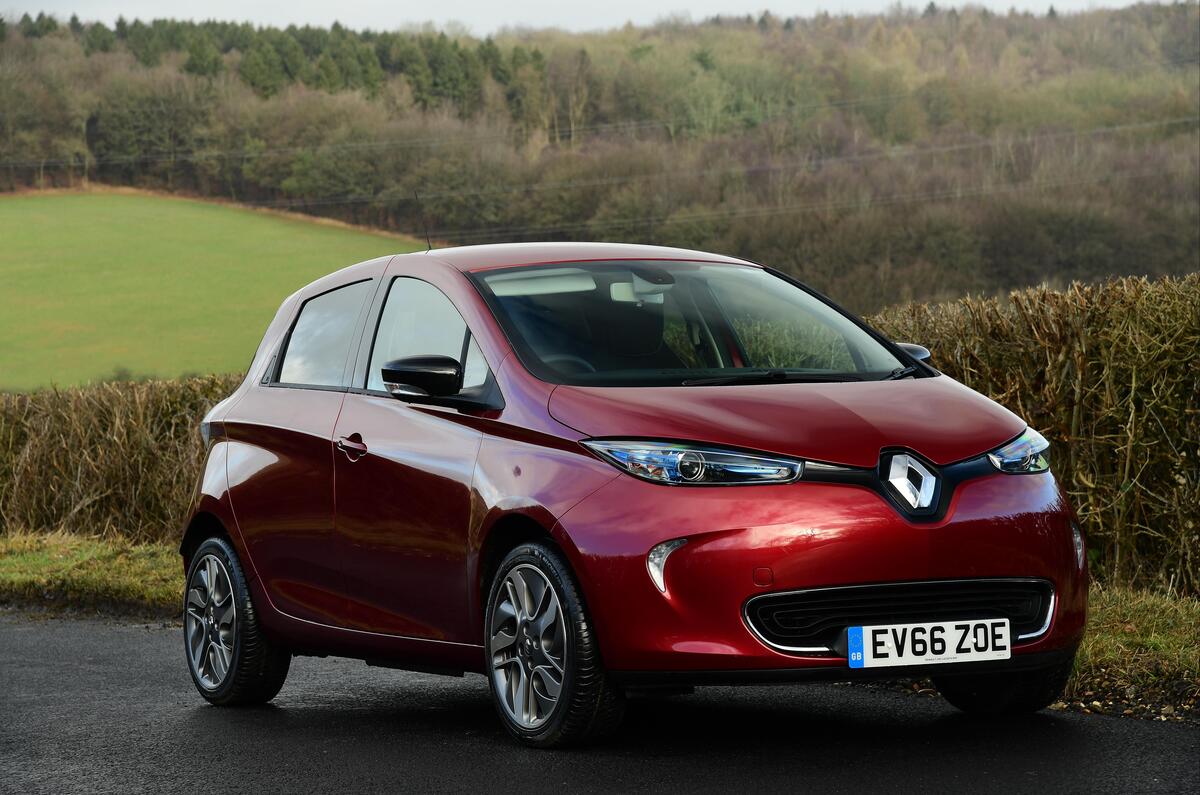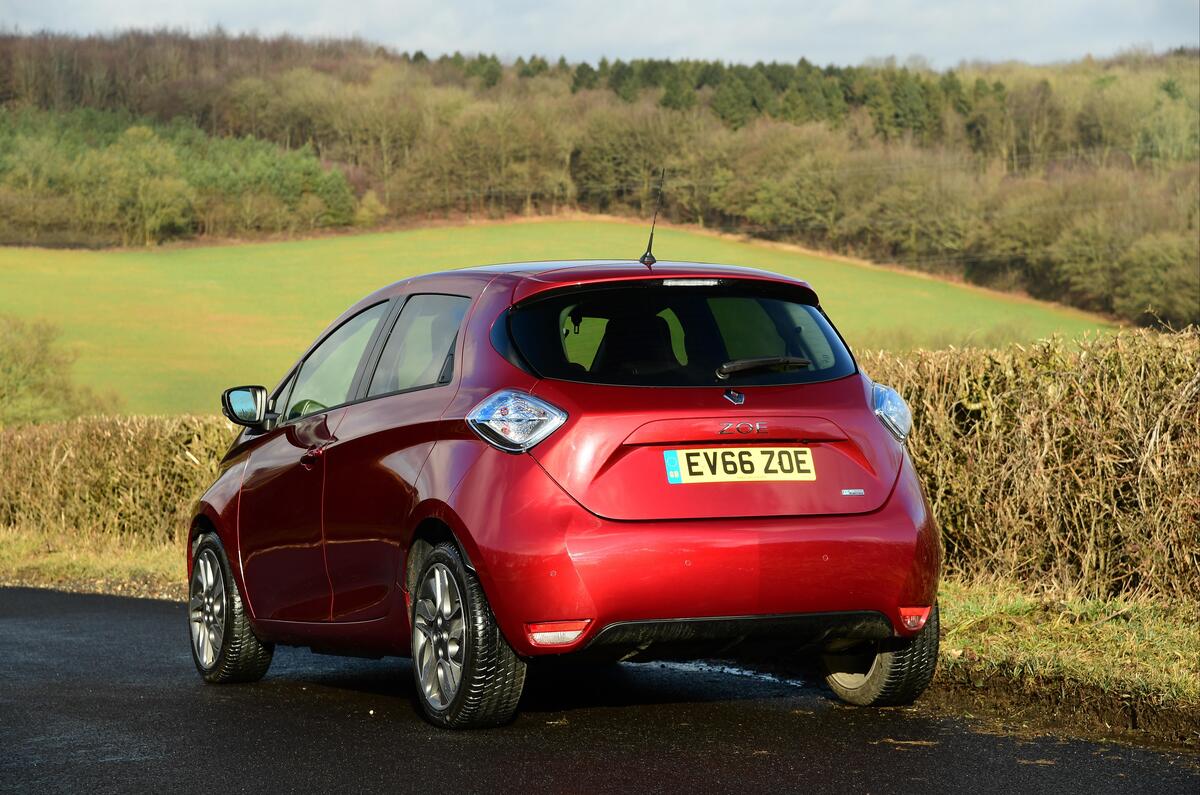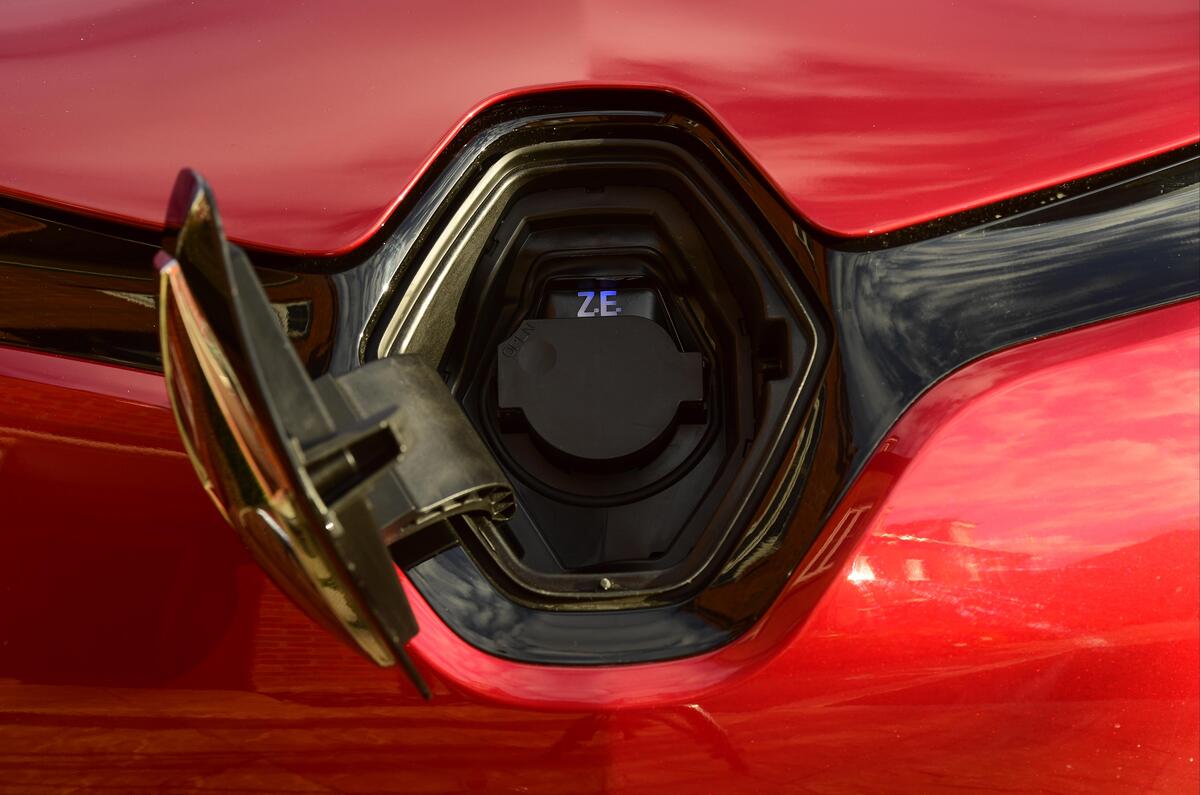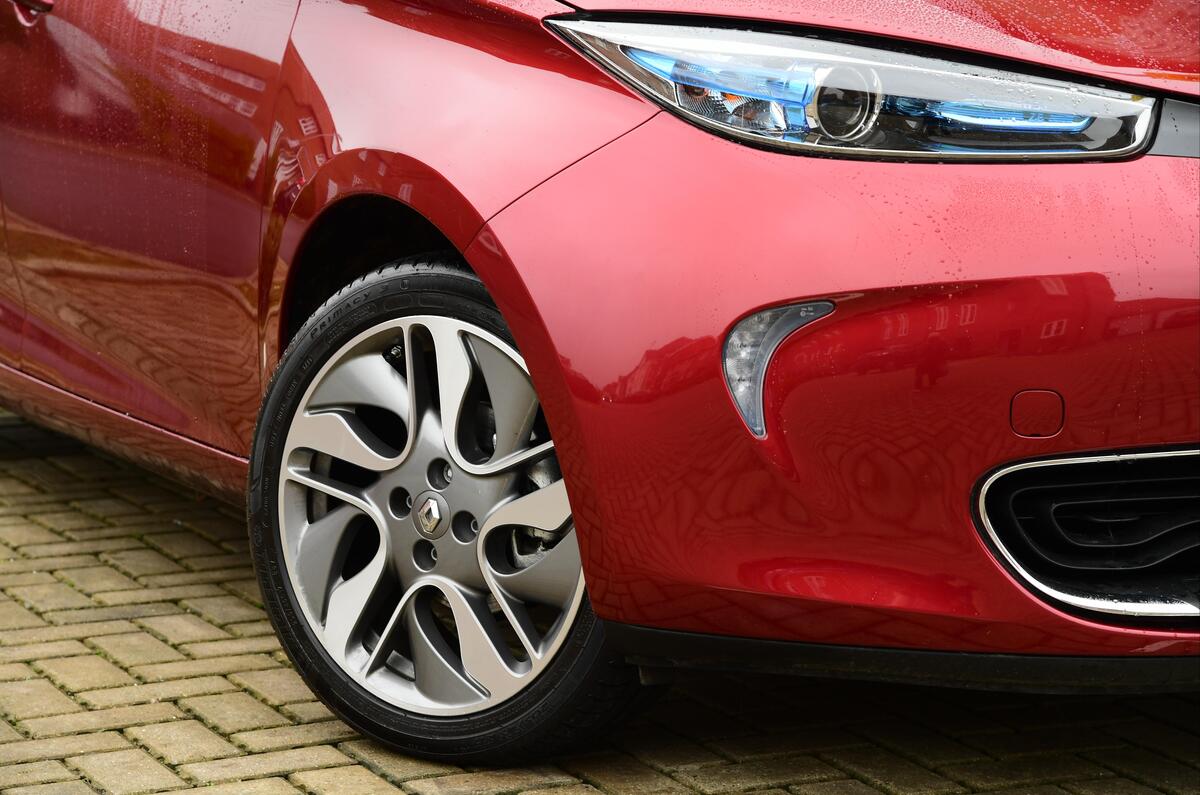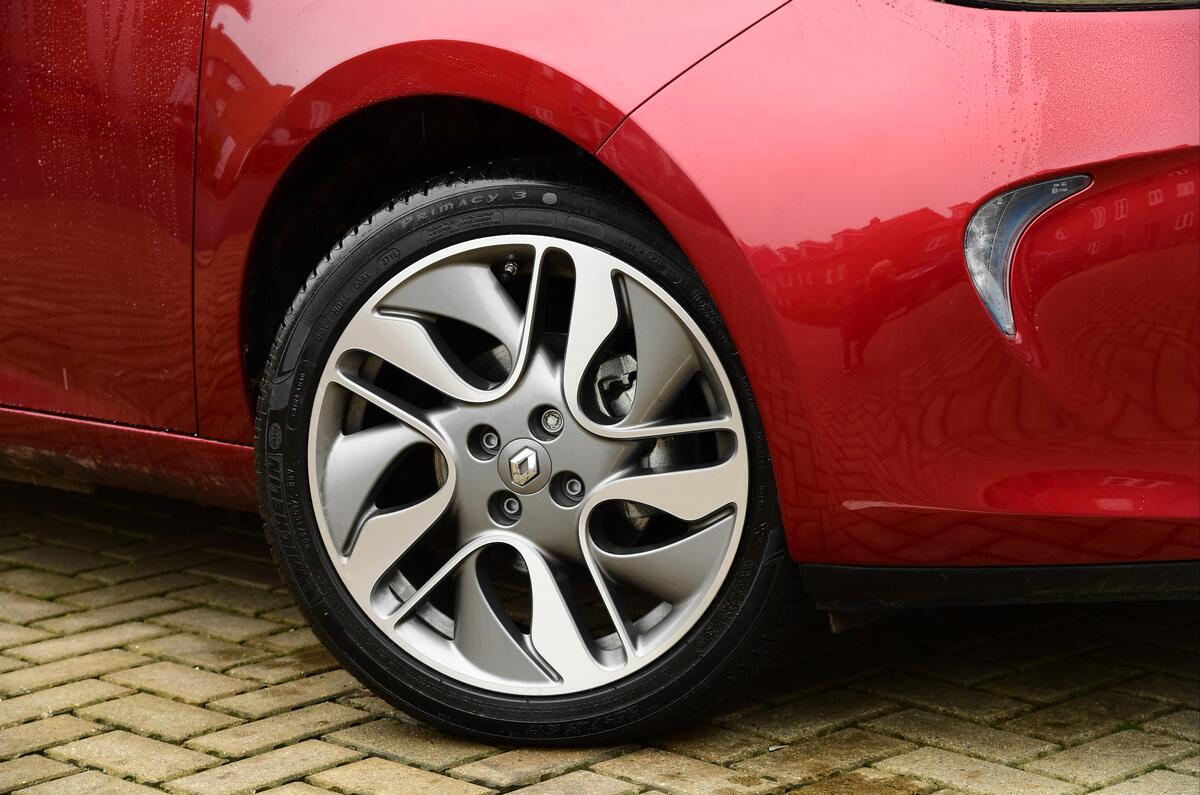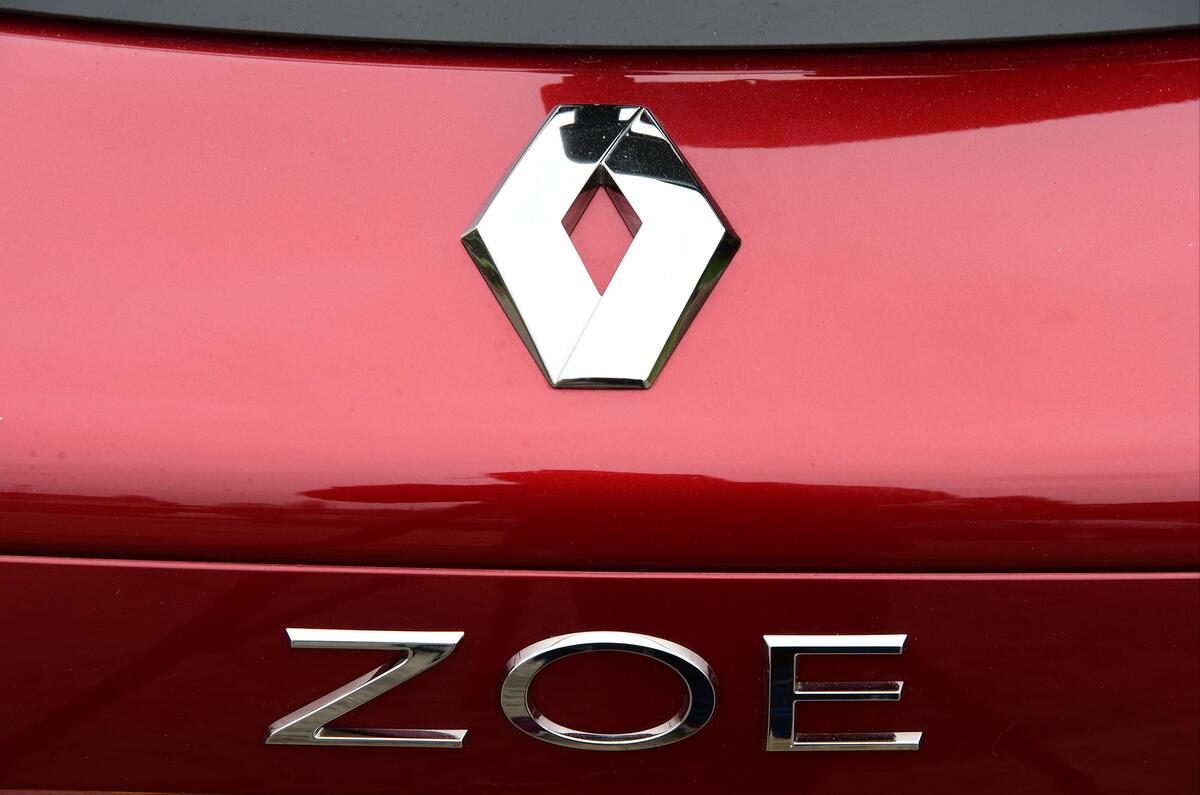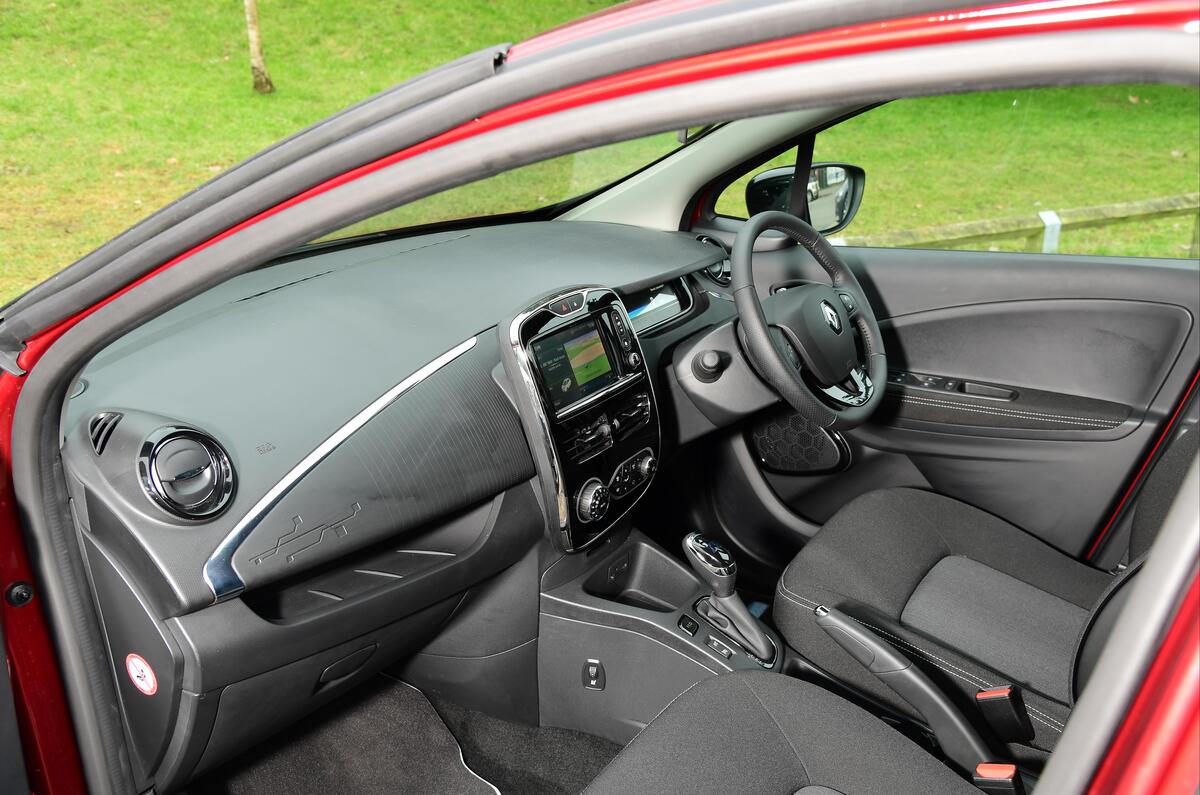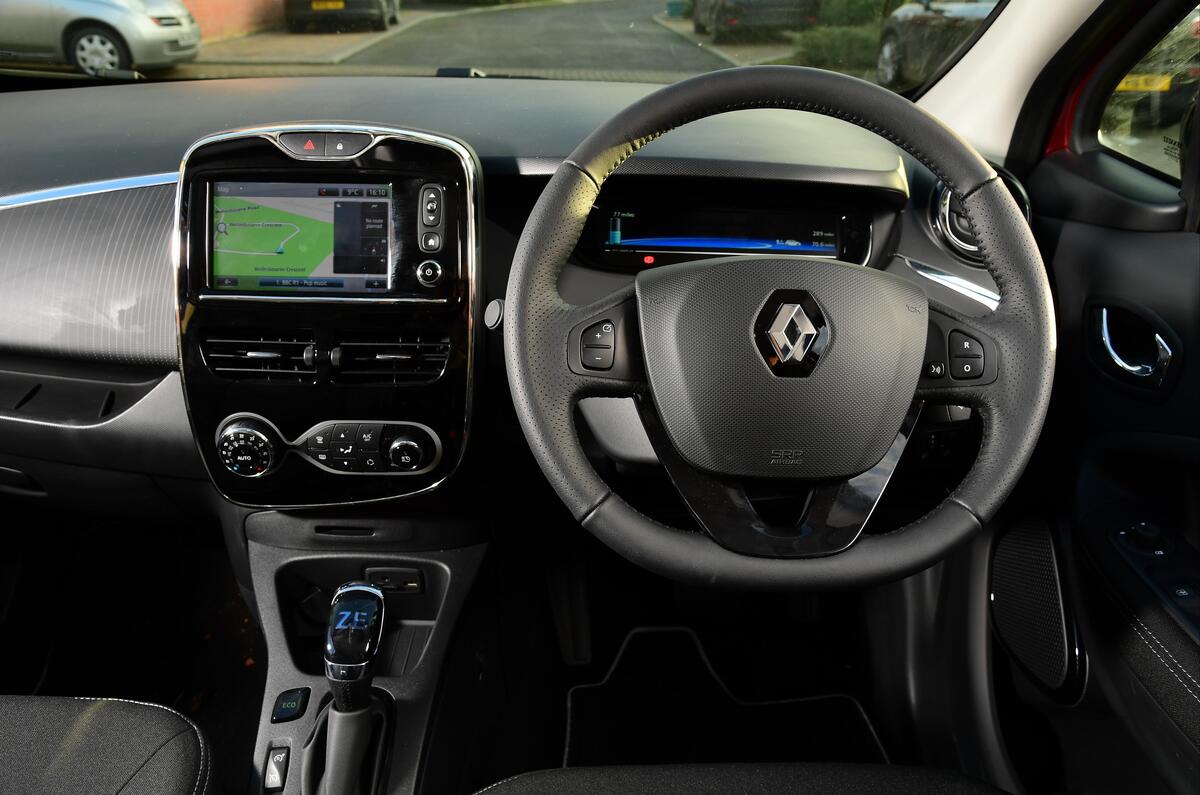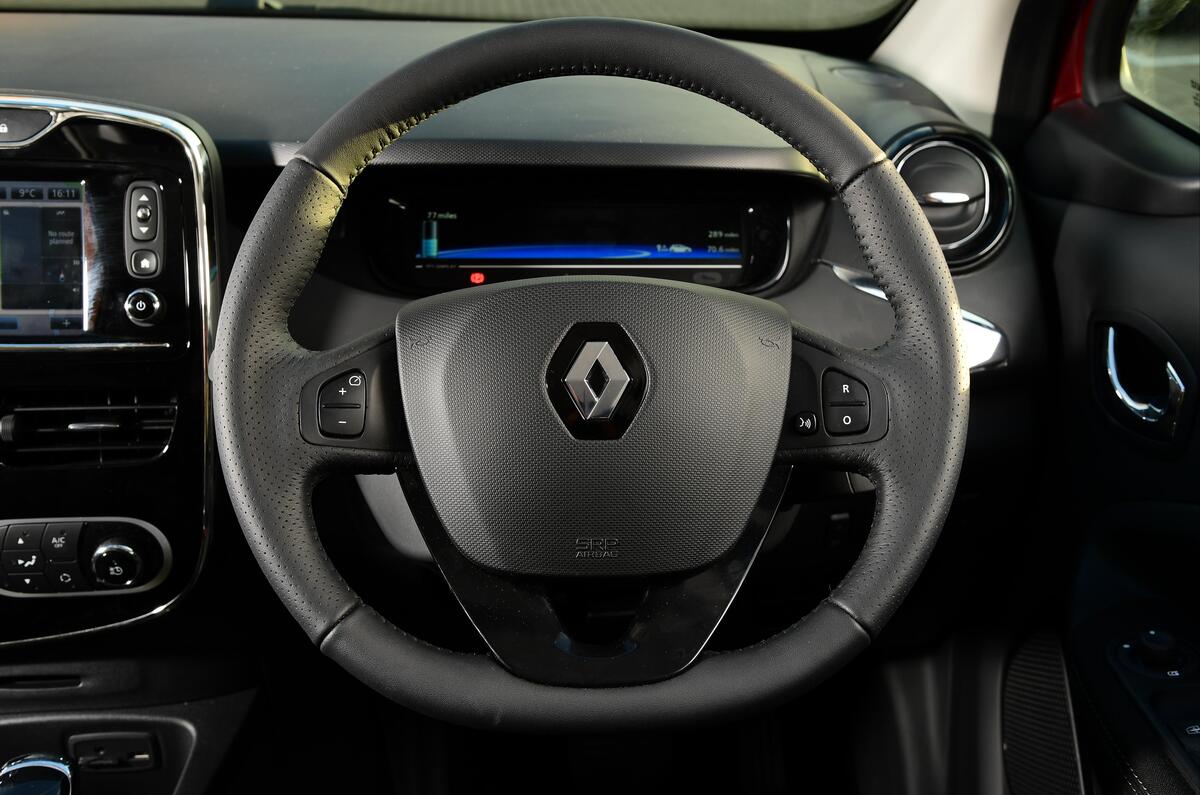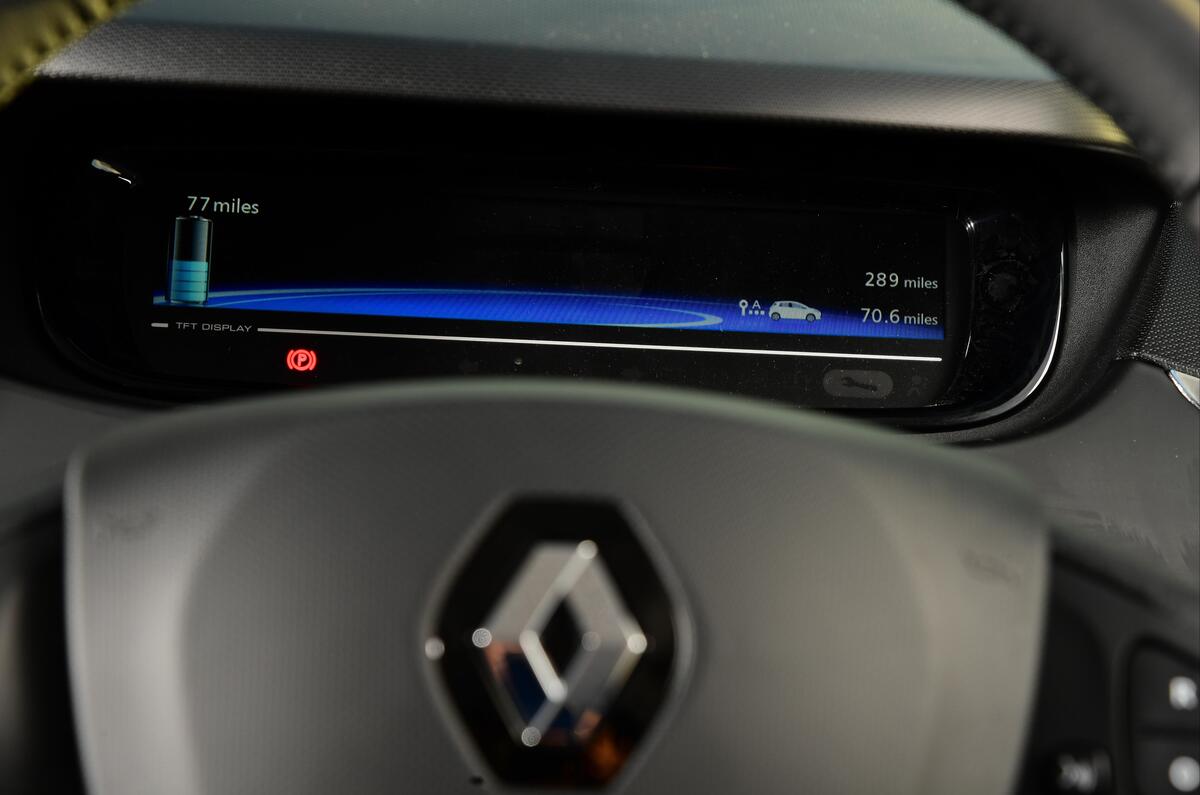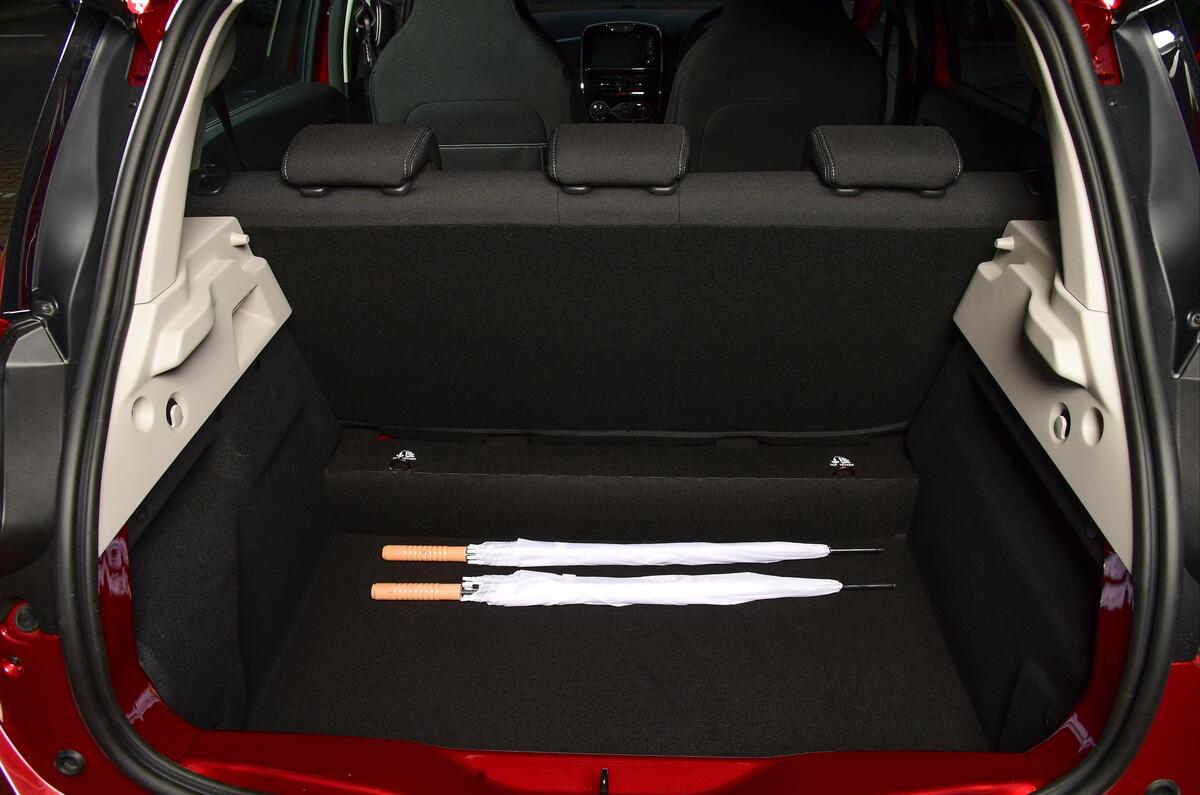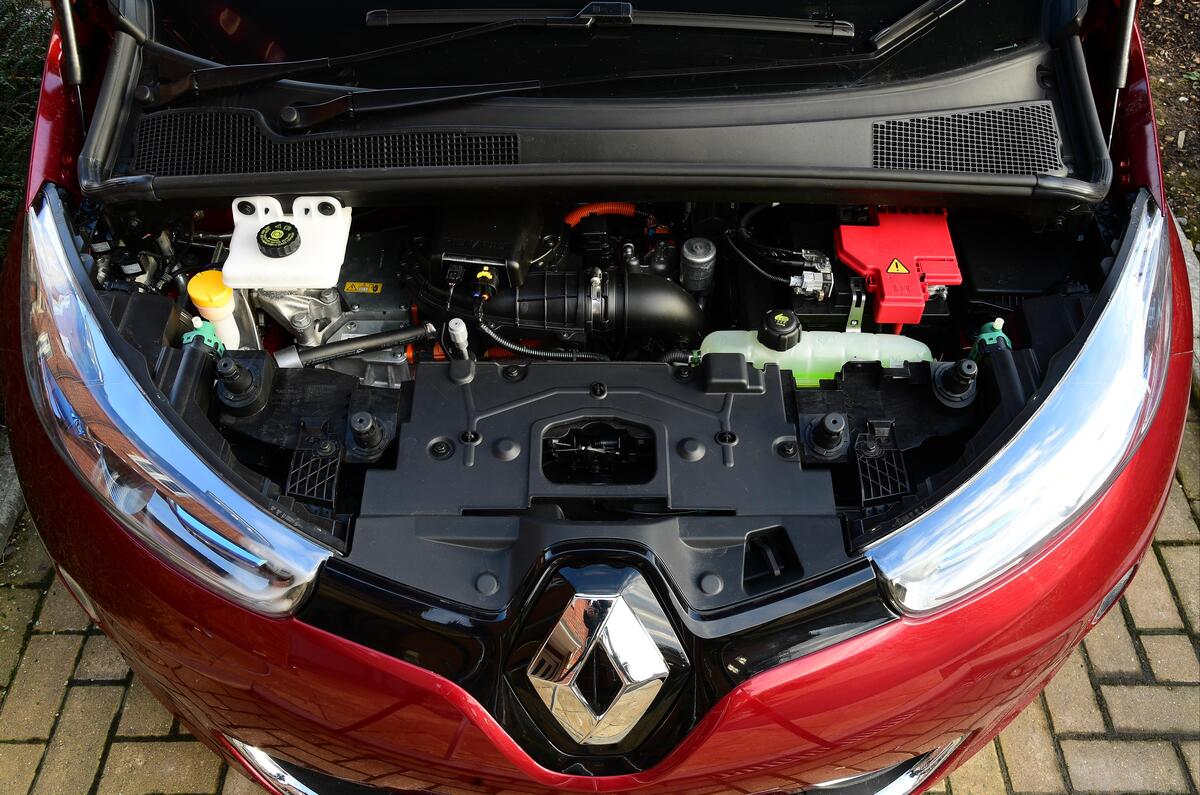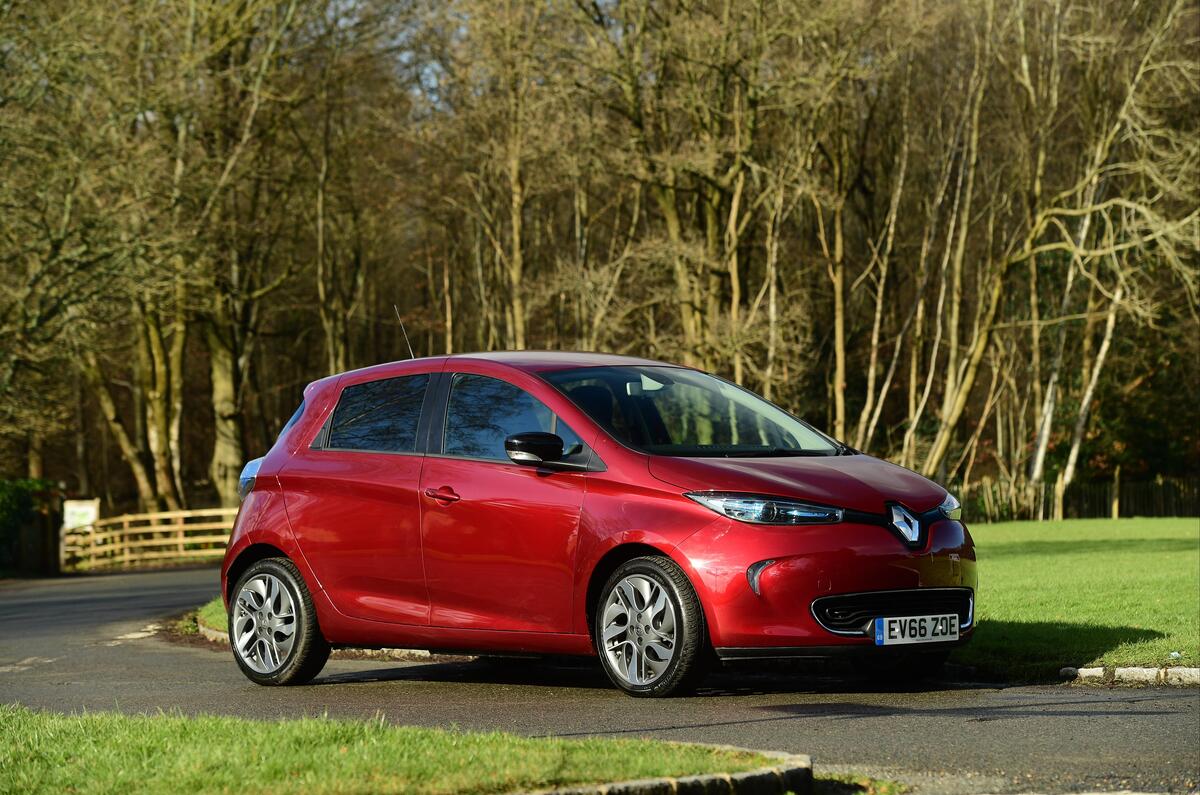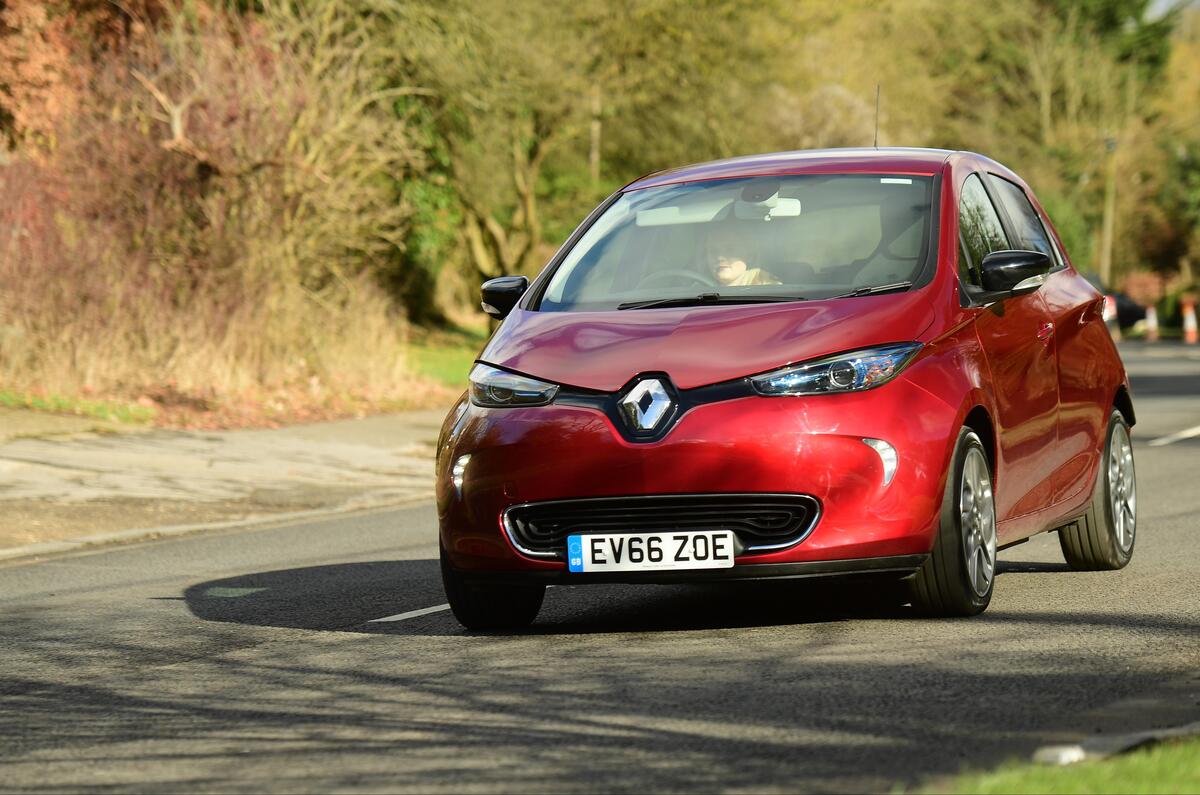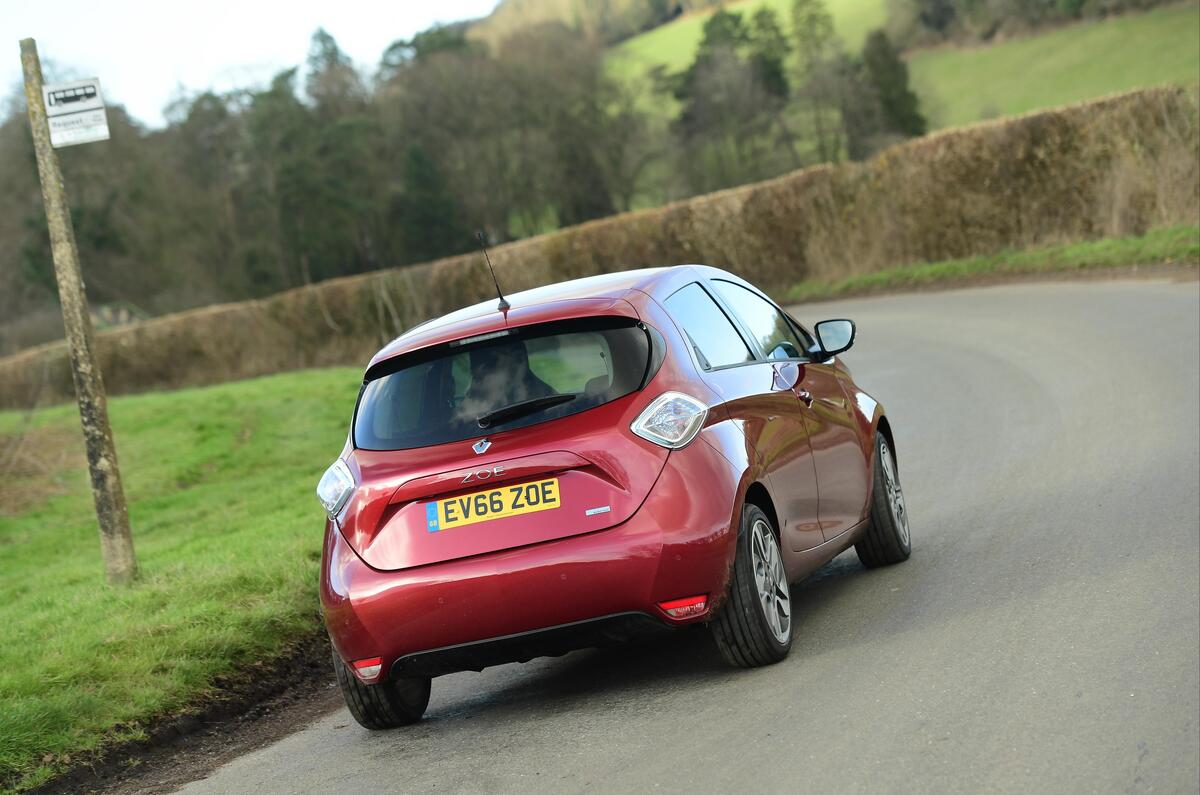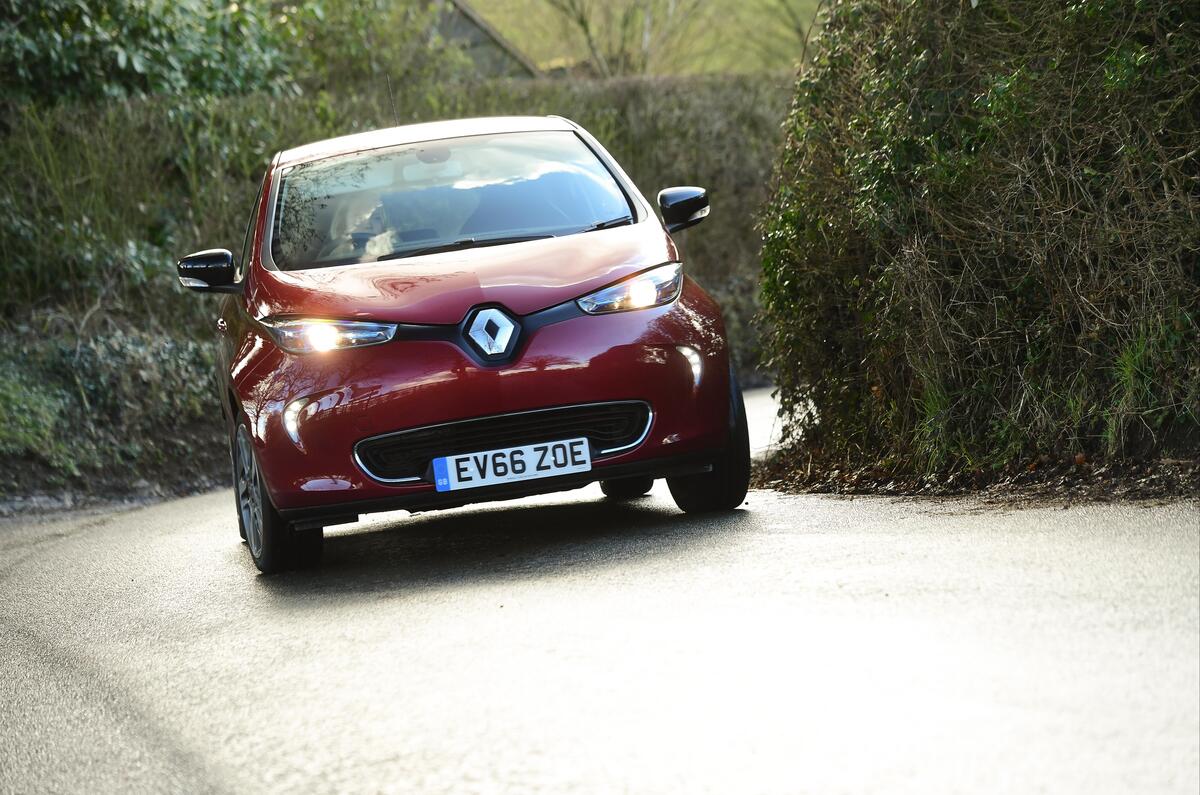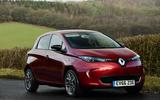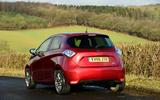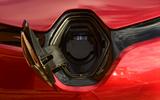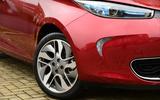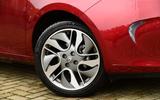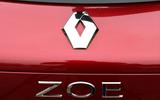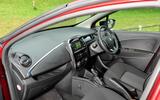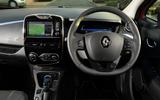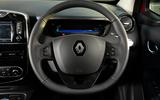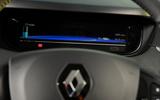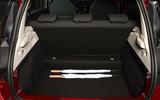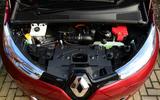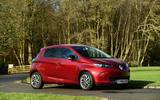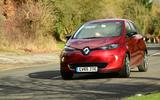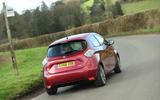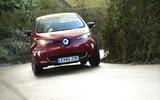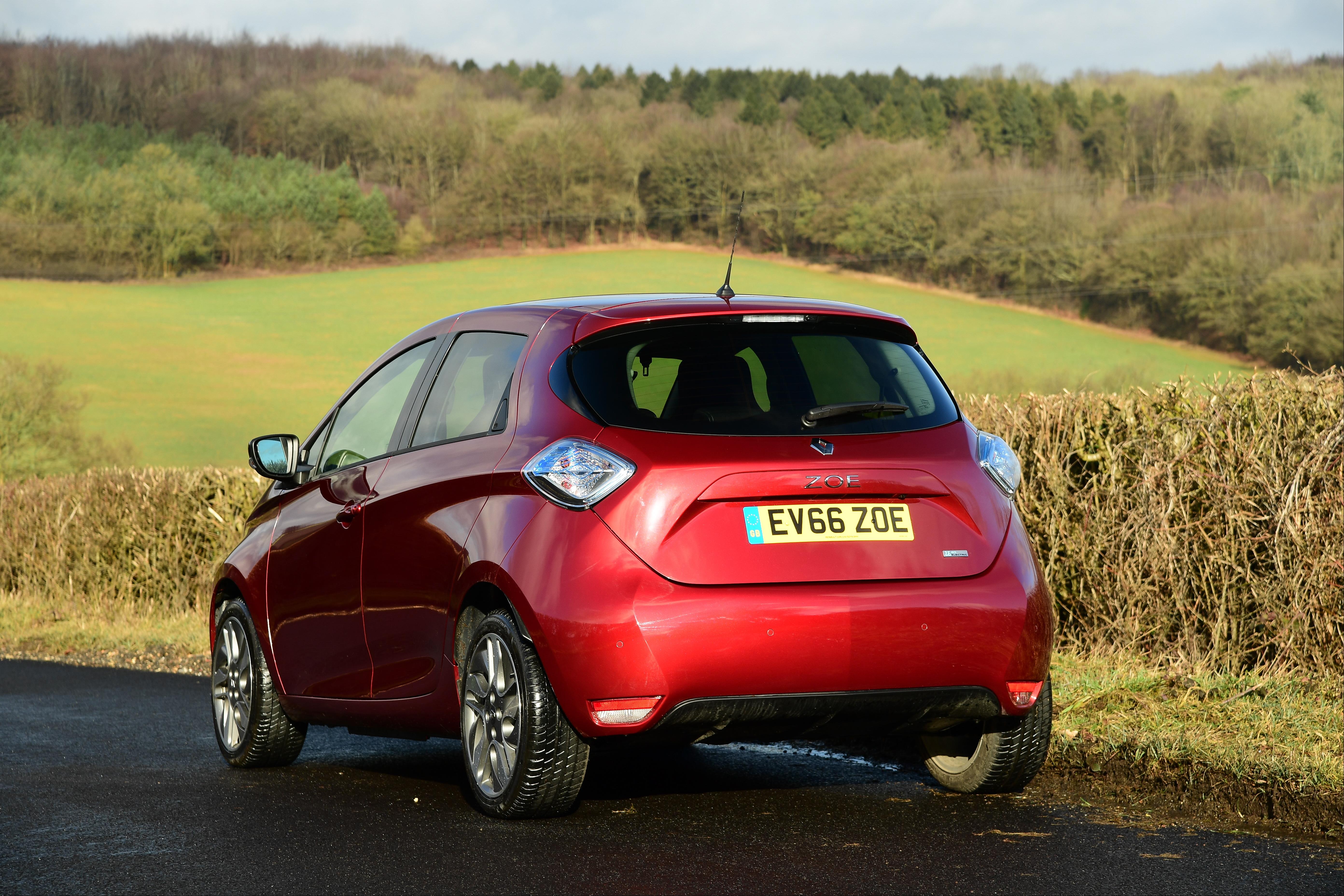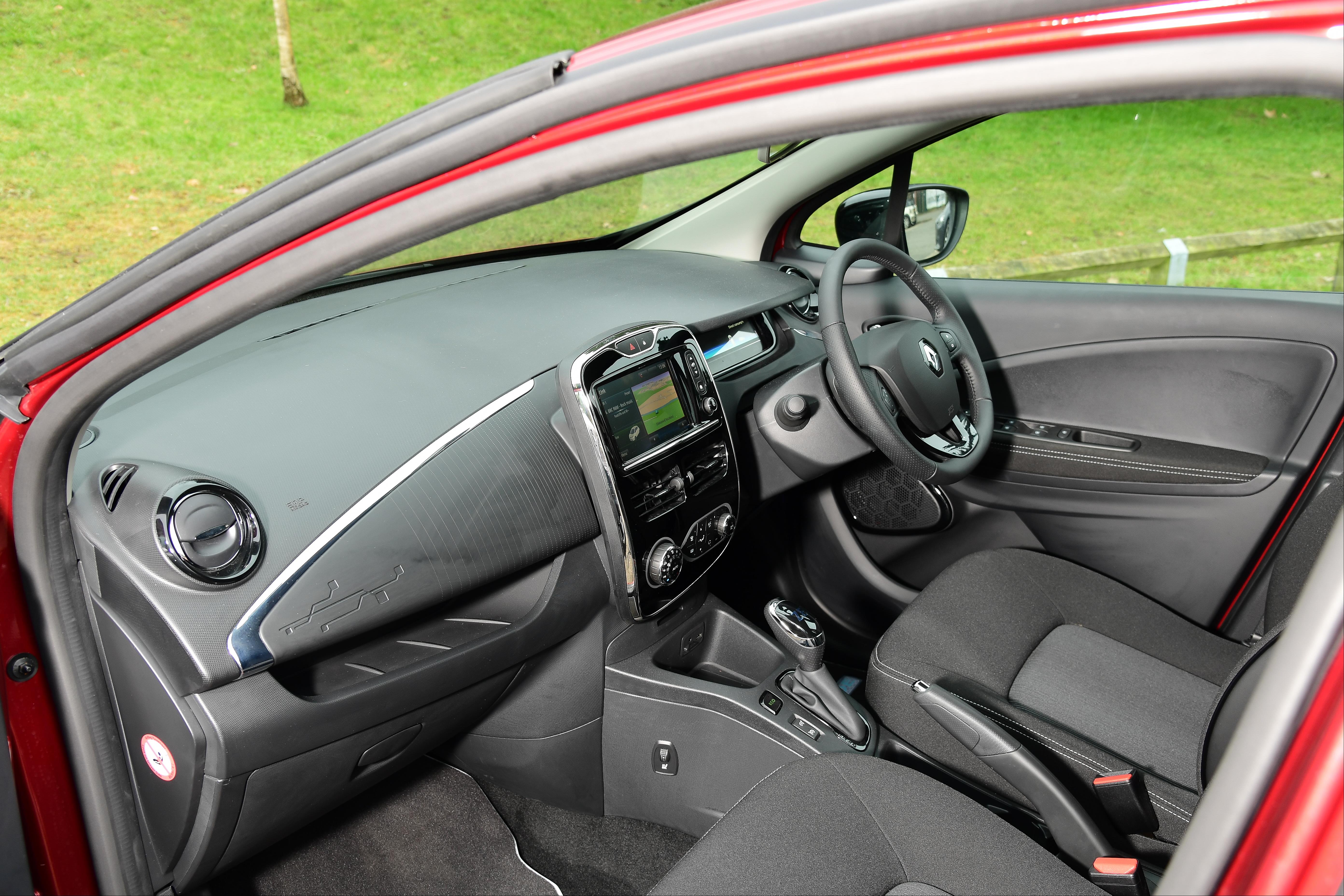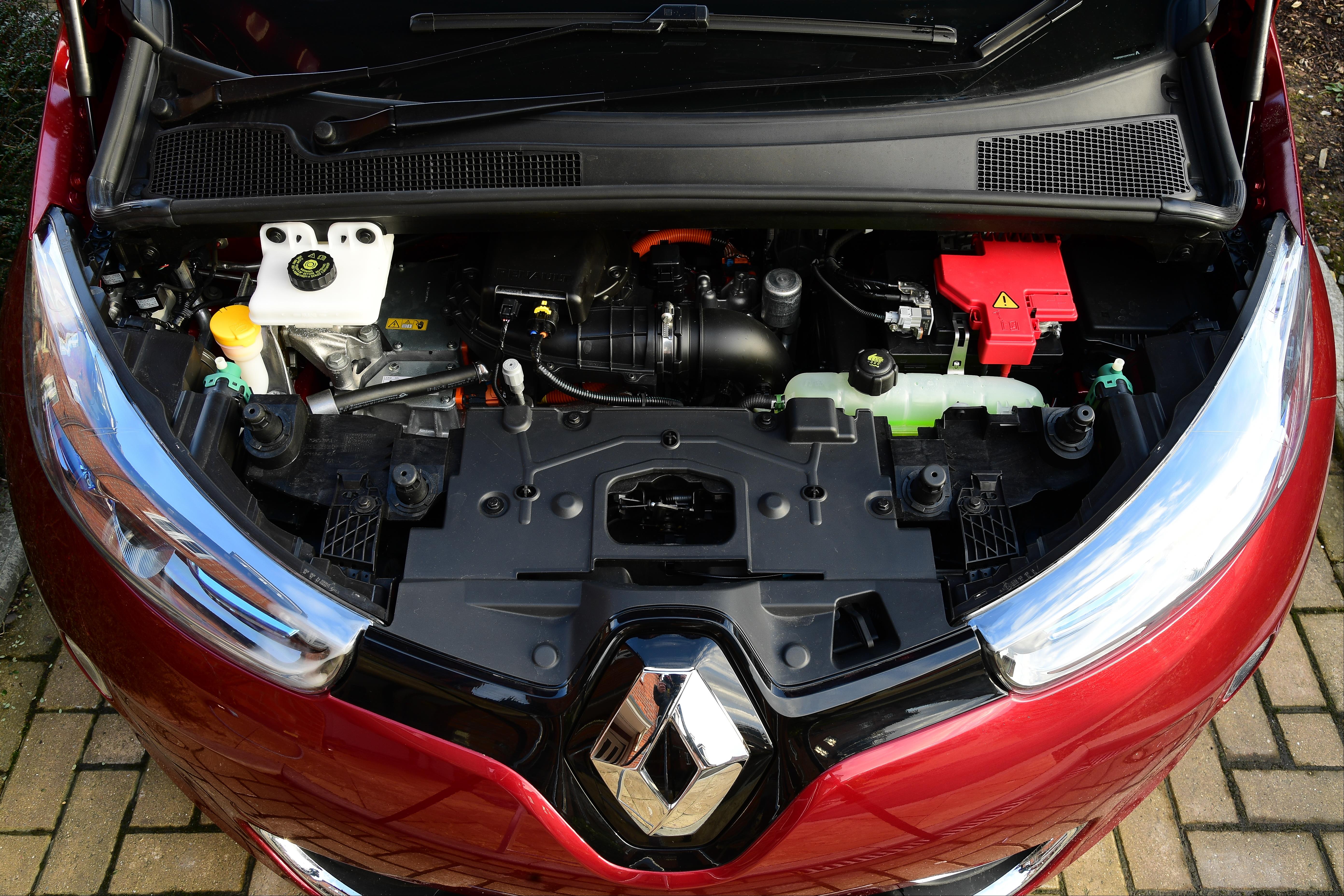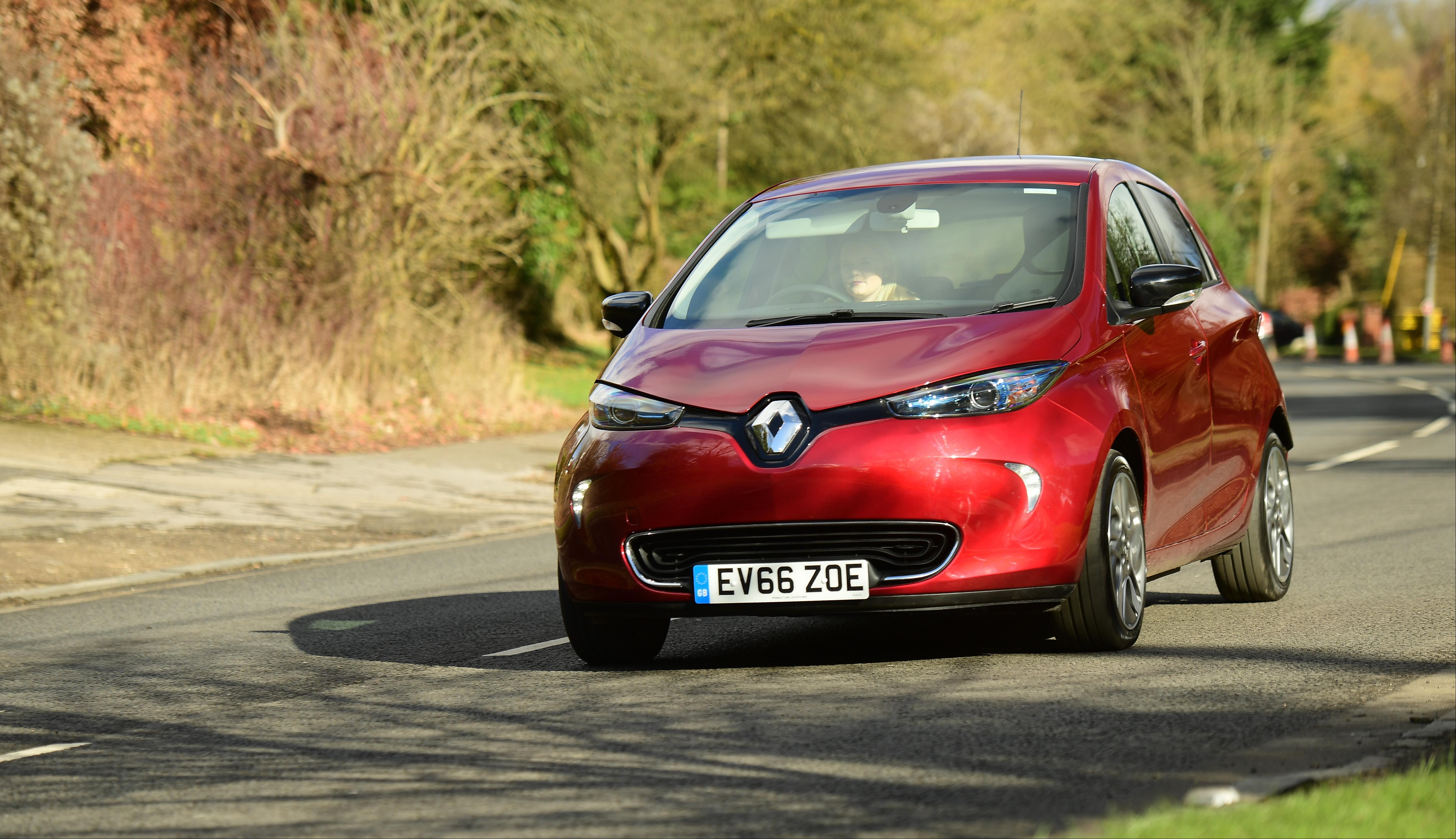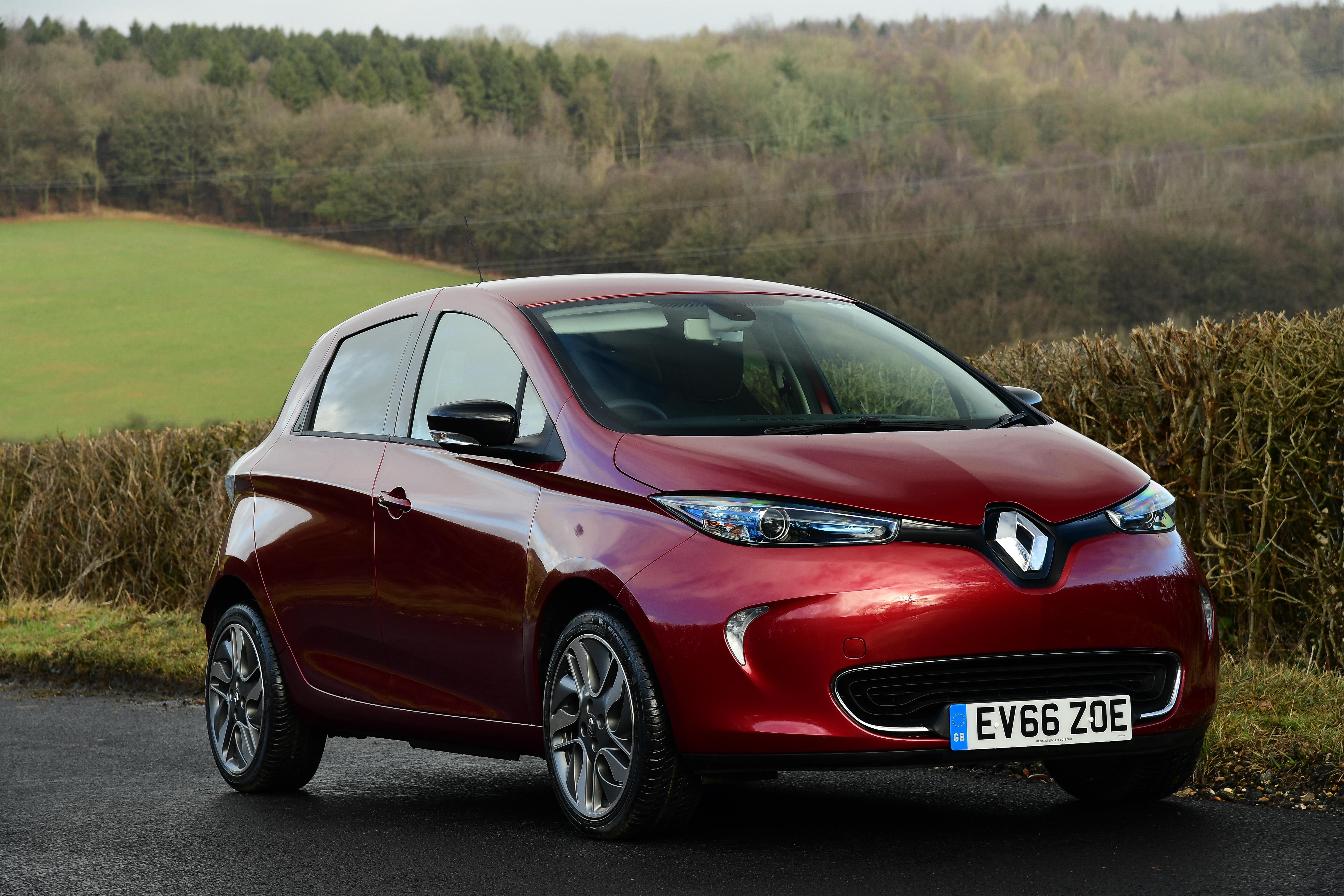If there is to be a global transition from combustion-engined to electrically powered cars, it has not thus far proved quick, smooth or particularly profitable for the car makers leading the field - so can the Renault Zoe change that?
Prior to the Renault's arrival, the most viable EV to have undergone the Autocar road test so far is unquestionably the Nissan Leaf, yet it has proven a tough sell – limited not only by the inherent range dilemma although the Nissan Leaf has been increased to 150 miles, but also by an initially high asking price that pigeonholed it as an early-adopter extravagance rather than a truly mass-market car.
Renault's involvement in EVs is now extensive. Underwritten by the billion-pound investment made by the Renault-Nissan Alliance in an EV programme, the brand publicly kicked off its ZE (Zero Emissions) programme with a series of concepts that included a preview of the Renault Twizy.
The commercial Renault Kangoo ZE van and saloon-shaped Renault Fluence ZE entered production first, in 2011. The Fluence faltered due to the financial collapse of its battery swapping network, but the Kangoo was named Van of the Year in 2012.
With the Renault Zoe, the French half of the Renault-Nissan Alliance is attempting to break through. Its car, conceived as electric from the outset rather than adapted from a combustion-engined model, is supermini-sized.


